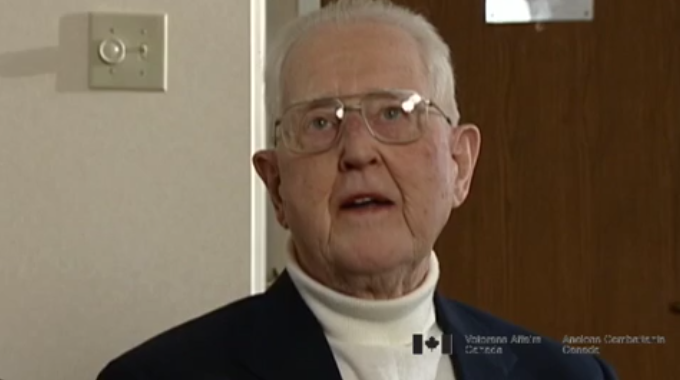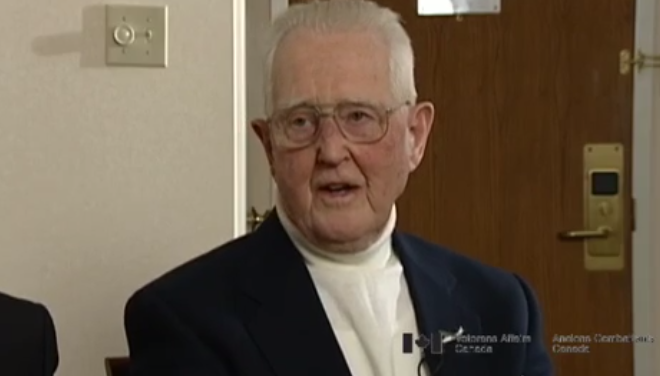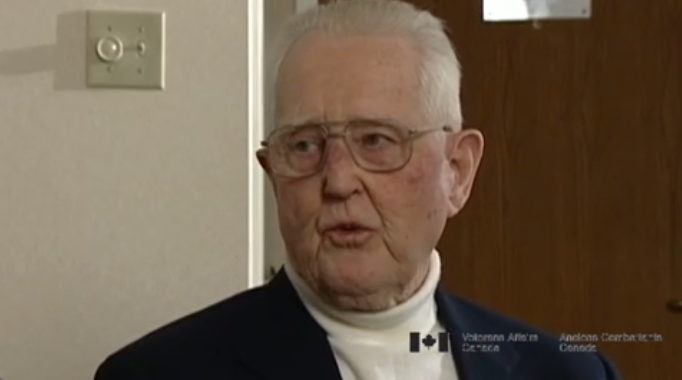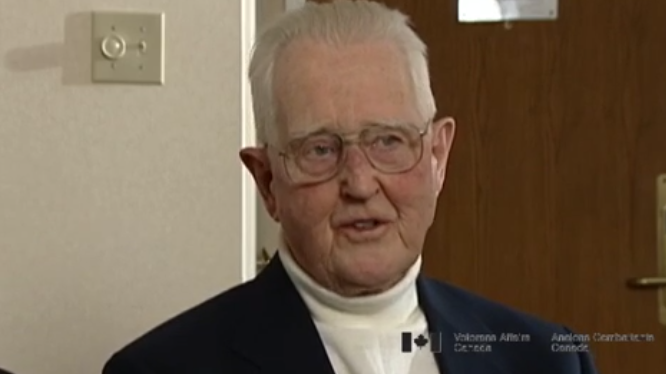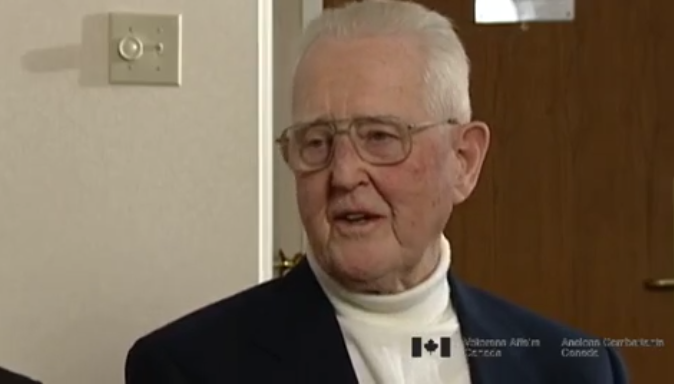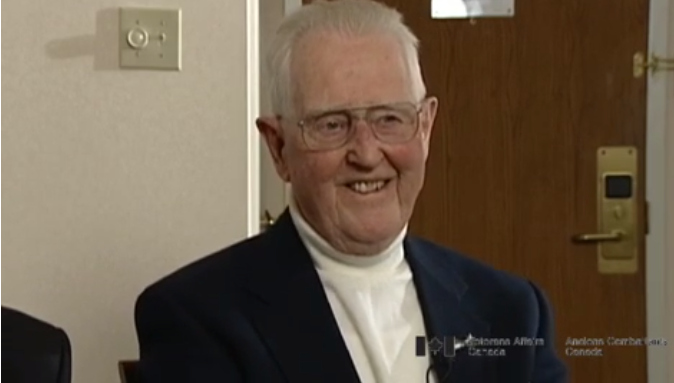Radar Saved the Day
Heroes Remember
Radar Saved the Day
Transcript
Description
Mr. Barrie expresses his strong opinion about the fact that if it had not been for radar, the war would have been very different.
William “Bill” Barrie
Mr. Barrie was born on June 5, 1918. As a child, he was intrigued by radio, followed his desires and studied in the field of radar. By 1939, Mr. Barrie received a certificate as a Second Class Commercial Radio Operator from the Marconi Radio School in Toronto, Ontario. At age 22 he joined the RCAF. His first posting was to Britain and from 1941 to 1942, while in service, he obtained more education on heavy duty radar systems. In July, 1942, Mr. Barrie joined the RAF # 212 Flying Squadron and travelled to Southeast Asia where he took part in many airborne radar patrols. In 1945, Mr. Barrie returned to Canada and enrolled in a Radio Physics course at the university in London, Ontario, graduating with a BSC in Honours Radio Physics. In 1946, Mr. Barrie met a young Scottish girl who was serving with the Royal Navy as a WREN and they married later that year. After graduating university in 1949, Mr. Barrie was employed as a Development Engineer with a company in Belleville, Ontario. From 1957 until his retirement in 1981, Mr. Barrie was involved in major projects in the field of radar, from developing sound systems to designing more complicated satellite communications hardware. Retirement allowed him to become a major contributor to the “Canadians on Radar Research Project”.
Meta Data
- Medium:
- Video
- Owner:
- Veterans Affairs Canada
- Duration:
- 2:22
- Person Interviewed:
- William “Bill” Barrie
- War, Conflict or Mission:
- Second World War
- Location/Theatre:
- Scotland
- Branch:
- Air Force
- Rank:
- Leading Aircraftman
- Occupation:
- Radar Mechanic
Related Videos
- Date modified:



